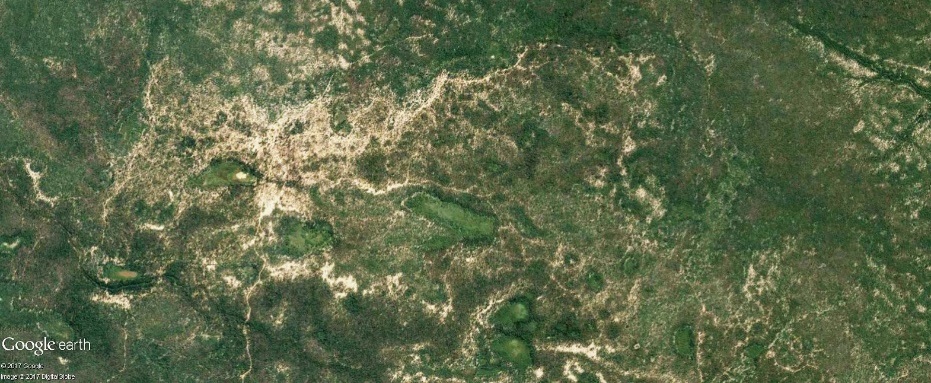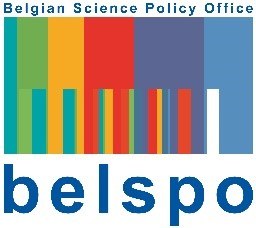ReForCha - Continuous satellite-based indicators for mapping subtropical forest degradation and its environmental impacts

Tropical and subtropical deforestation is a major source of carbon emission, a main driver of global biodiversity loss, and results in the fundamental restructuring of ecosystem functioning and thus ecosystem service provisioning. Understanding forest dynamics is thus of great international concern, and remote sensing is the foundation for monitoring these changes. Conventional methods to interpret remote sensing data often rely on mapping conversions among discrete land cover classes and do not capture the strong heterogeneity in vegetation types, as well as the fine-scale spatial complexity of forest disturbance. As a result, we are still lacking tools capable of monitoring gradual changes in forest structure, biomass and functioning that are the result of forest degradation. Moreover, regarding forest change mapping, moist tropical forests have been in the focus, whereas dryland woodlands or forests, (comprising forests, shrublands and savannas) remain under-researched – although they have recently emerged as global hotspots of forest degradation. One of the expected environmental consequences of change in dryland forests is a disruption in the hydrological cycle and soil water balance, leading to widespread dryland salinity.
Using the Dry Chaco in Argentina as an example, the central objective of our team is to develop advanced remote sensing methods and indicators to: (a) more reliably map forest degradation (e.g., via logging or forest grazing) and to separate it from forest conversion and natural disturbances (e.g., fire); (b) assess the biophysical effects of forest dynamics on soil degradation and salinization, and (c) evaluate whether the extent and severity of vegetation and soil degradation differ among actor groups and whether conservation policies are effective in mitigating degradation in dryland forests.
We are involved in a new project in partnership with the University of Louvain (UCL - Belgium), the University of Leuven (KU Leuven - Belgium) and the University of Tucumán (Argentina).
Funding and support:
This projects receives funding from the Belgian Science Policy (BELSPO) (01.12.2016 – 31.03.2021).

